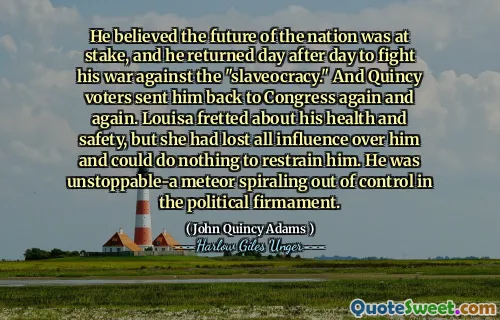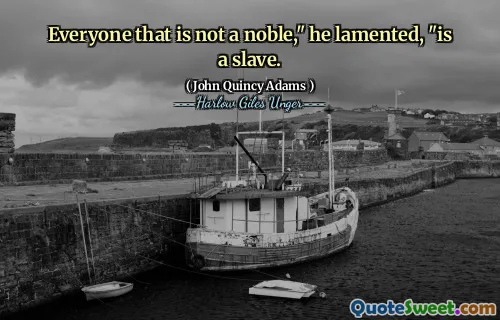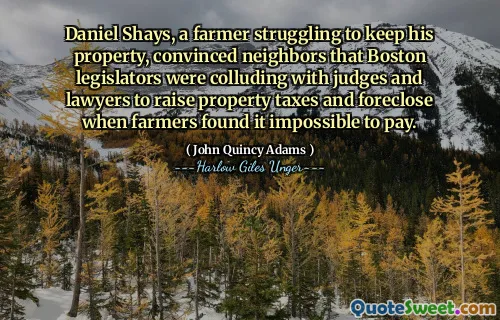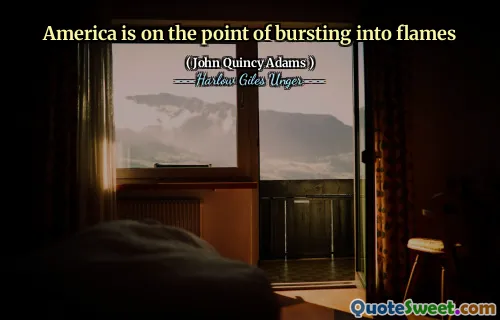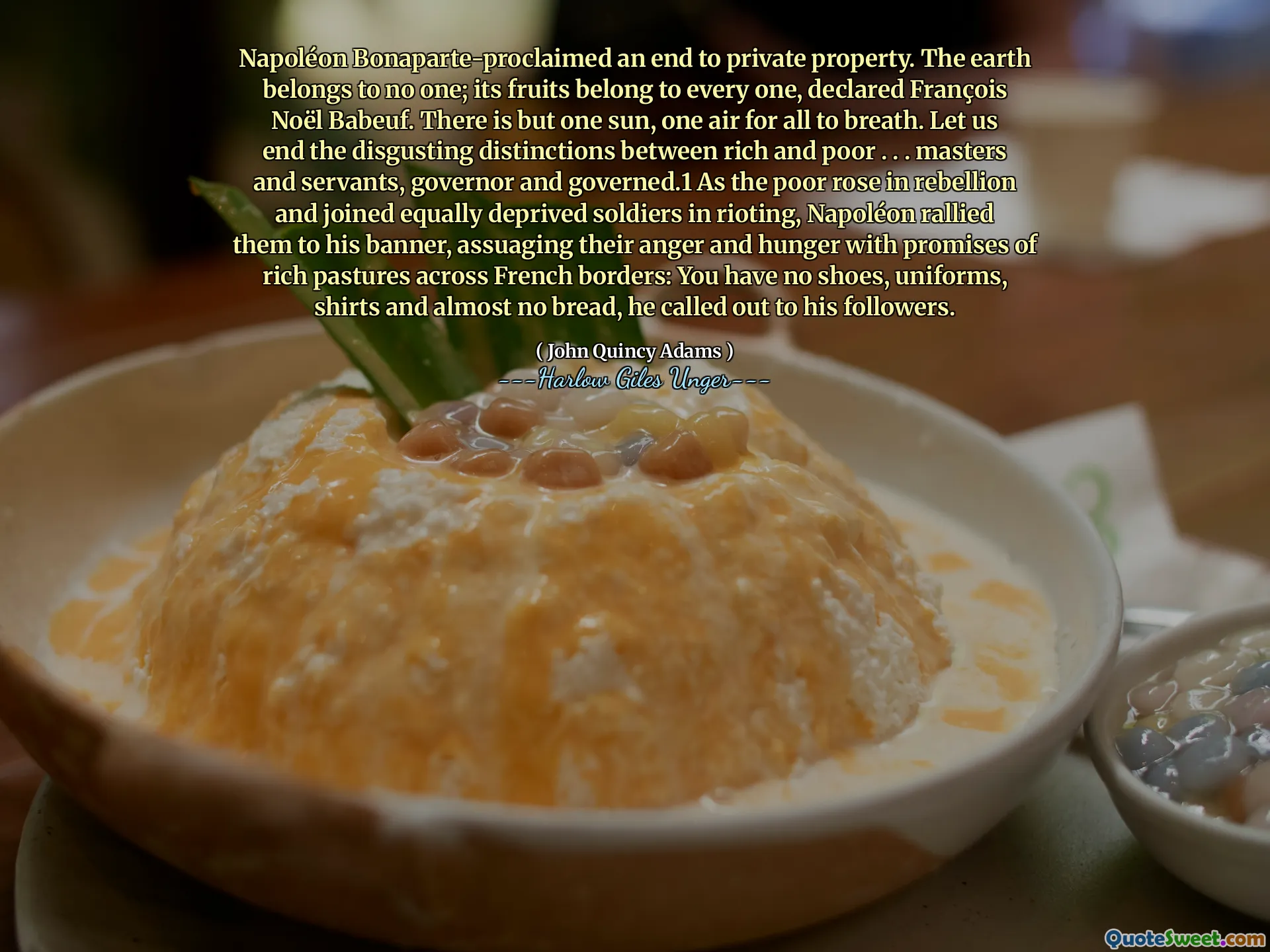
Napoléon Bonaparte-proclaimed an end to private property. The earth belongs to no one; its fruits belong to every one, declared François Noël Babeuf. There is but one sun, one air for all to breath. Let us end the disgusting distinctions between rich and poor . . . masters and servants, governor and governed.1 As the poor rose in rebellion and joined equally deprived soldiers in rioting, Napoléon rallied them to his banner, assuaging their anger and hunger with promises of rich pastures across French borders: You have no shoes, uniforms, shirts and almost no bread, he called out to his followers.
François Noël Babeuf advocated for the abolition of private property, emphasizing that the earth's resources should be shared by all. He criticized societal divides, calling for an end to the stark differences between the wealthy and the impoverished. Babeuf's vision sought to unite the oppressed classes against the existing social order, where masters ruled over servants. This sentiment resonated strongly during times of unrest.
As the poor revolted, their anger attracted soldiers suffering from the same hardships. In response, Napoléon Bonaparte sought to harness this discontent, promising his followers better futures and the fulfillment of their needs. His rousing words aimed to turn their desperation into loyalty, as he addressed their lack of basic essentials and offered hope for a better life beyond France's borders.
